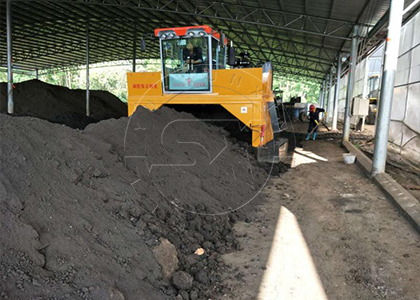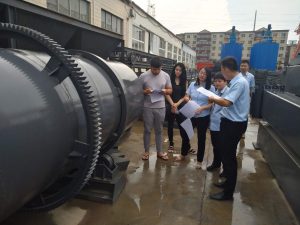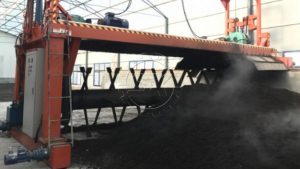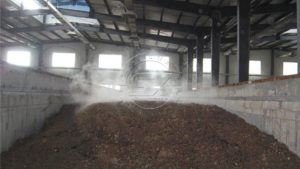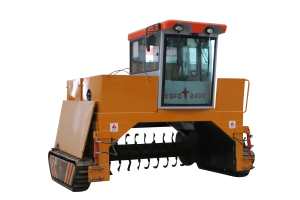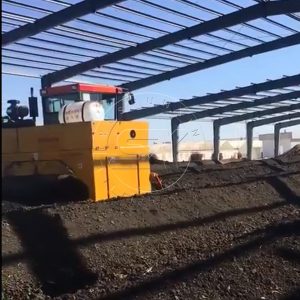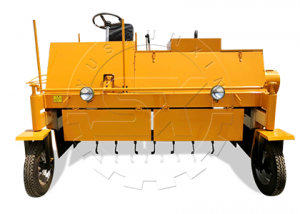Are you one of those planning to start a large scale composting but don’t know where to start? Don’t worry because you’re not alone. Fortunately, this guide is here for you.
Composting is a crucial method for handling and minimizing organic waste, like farm manure and agricultural waste. When organic materials are broken down throughout the process of composting, they are converted into a nutrient-rich soil amendment, which can be utilized to enhance the health of lawns and gardens.
Composting could also help to lessen the amount of waste ending up in landfills, where it could release methane, a potent greenhouse gas. Also, composting at home could help to lessen the carbon footprint associated with transporting waste to landfill.
You will find numerous methods for composting, and each method has its own pros and cons. So, it’s essential to pick a method that is well-fitted to your certain resources and needs.
Here are some of the large scale composting methods you can consider:
Anaerobic digestion
This method utilizes microorganisms to break down the organic material in the absence of oxygen that could be performed on a big scale using big tanks or digesters.
Vermicomposting
This utilizes worms to break down the organic material that can be performed on a big scale using big beds or containers.
In-vessel composting
It involves using enclosed vessels or containers to control or contain the composting process. It enables better control of moisture, airflow, and temperature, which can result in faster composting times.
Aerated static pile composting
This method includes using mechanical equipment to make channels of air within the pile of organic material to boost the amount of oxygen accessible for the microorganism that breaks down the material.
Windrows composting
This method includes making long, narrow rows of organic material, which are regularly turned to aerate the pile and support the decomposition process.
All the above methods can be utilized to compose a wide array of organic materials like manures, yard waste, and food scraps. Click here to learn more about large scale composting
Is Creating a Large-Scale Composting Possible?
Large-scale composting is possible. Many commercial operations, municipalities, and farms have implemented organic waste and created quality compost for use as a soil amendment.
These big-scale composting operations may need substantial investments in infrastructure and large scale compost making equipment, as well as ongoing maintenance and management. However, they can be an efficient and sustainable way to deal with large amounts of organic waste.
Nonetheless, implementing large-scale composting could have its own set of challenges, like:
- Dealing with any regulations that might be in place for composting.
- Finding the ideal equipment to fit certain needs for the operation.
- Ensuring that the composting process is properly done to prevent any negative impact on public or environmental health.
- Addressing possible pests, odors, and other environmental concerns.
- Finding sufficient space to store big amounts of organic waste.
In spite of those challenges, large-scale composting could be a relevant tool for minimizing waste, enhancing soil health, and supporting sustainable waste management and agriculture practices. If you need more details of large scale fermentation, you can visit https://fertilizerequipmentmanufacturer.com/large-scale-composting-equipment/

